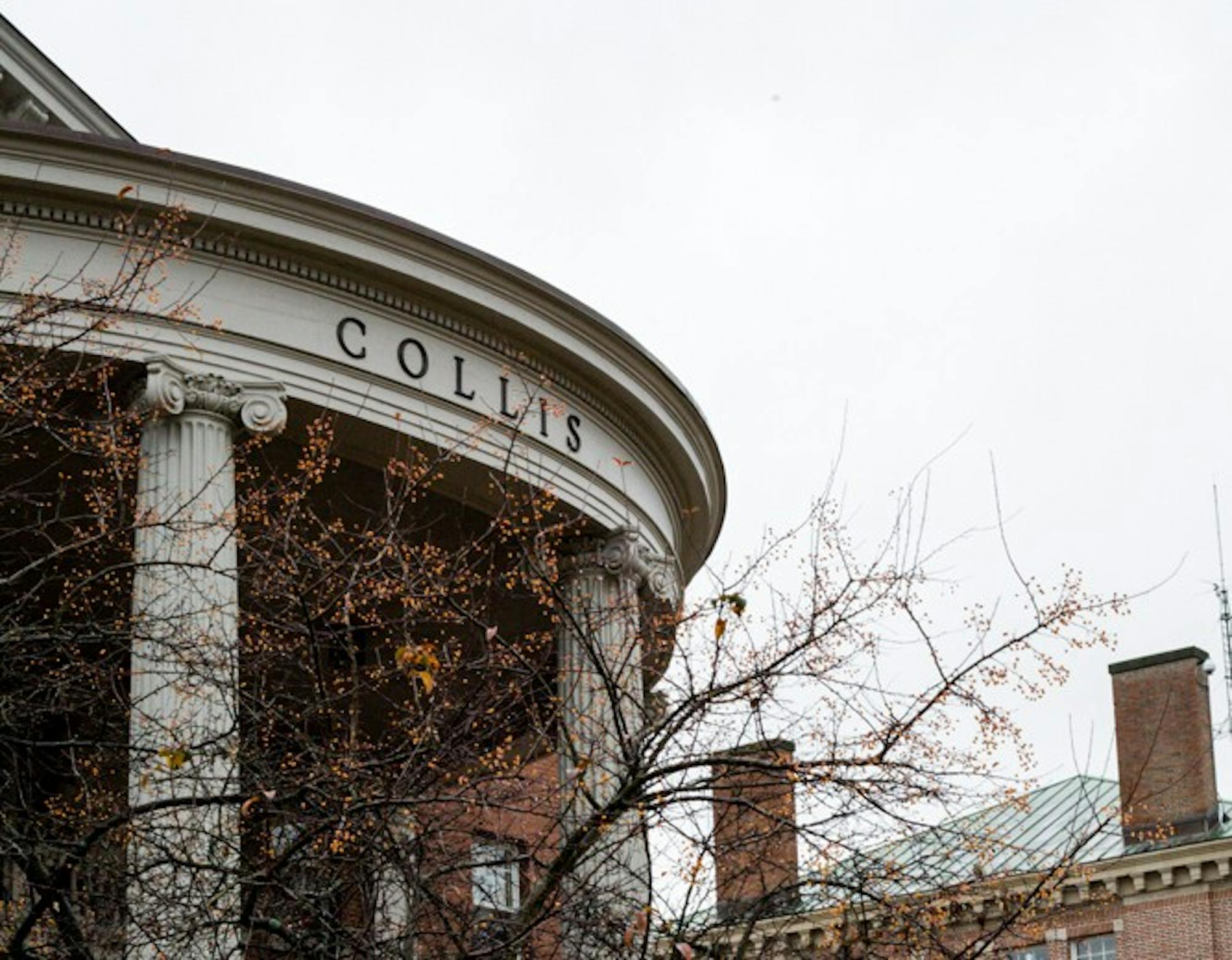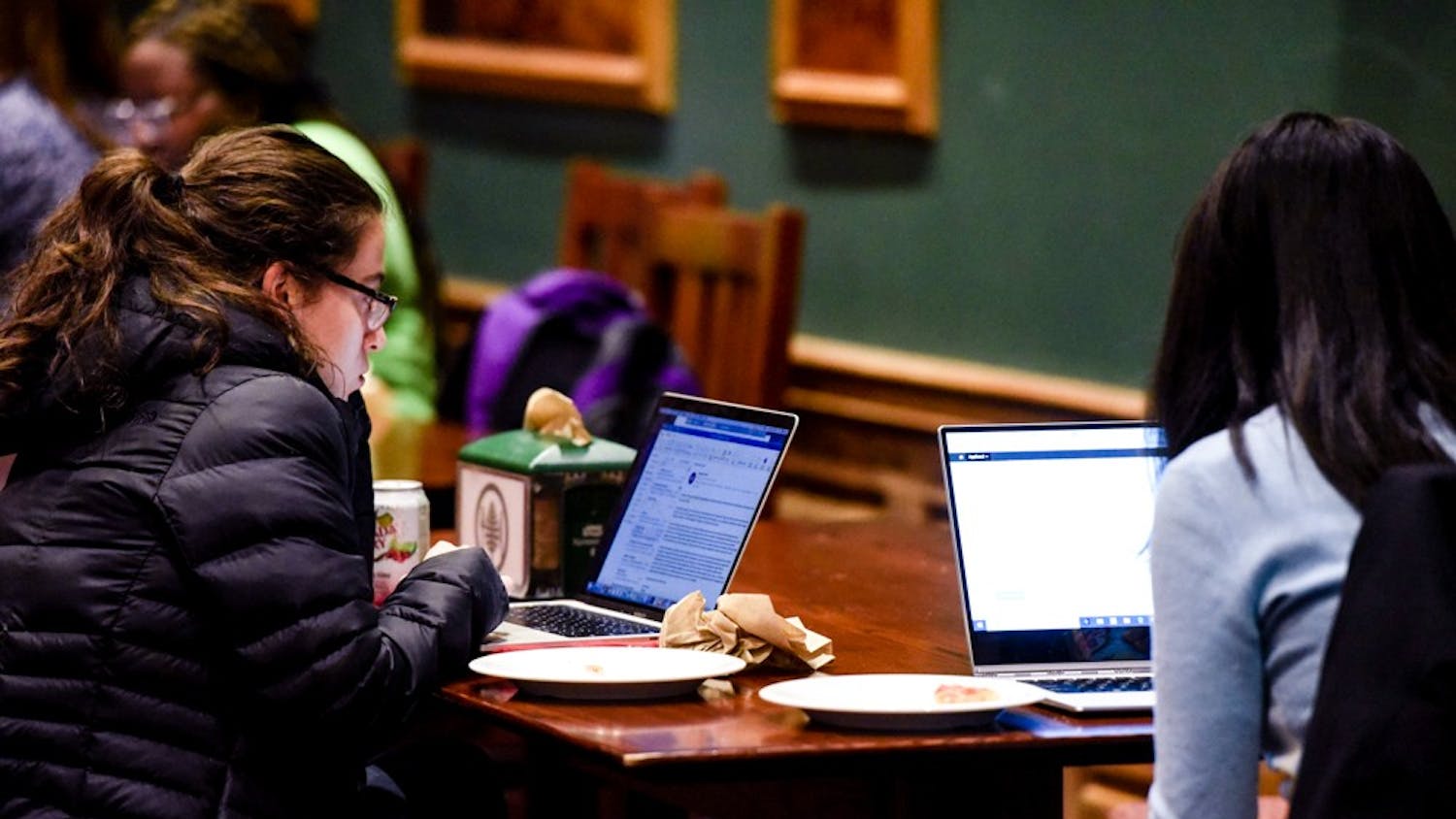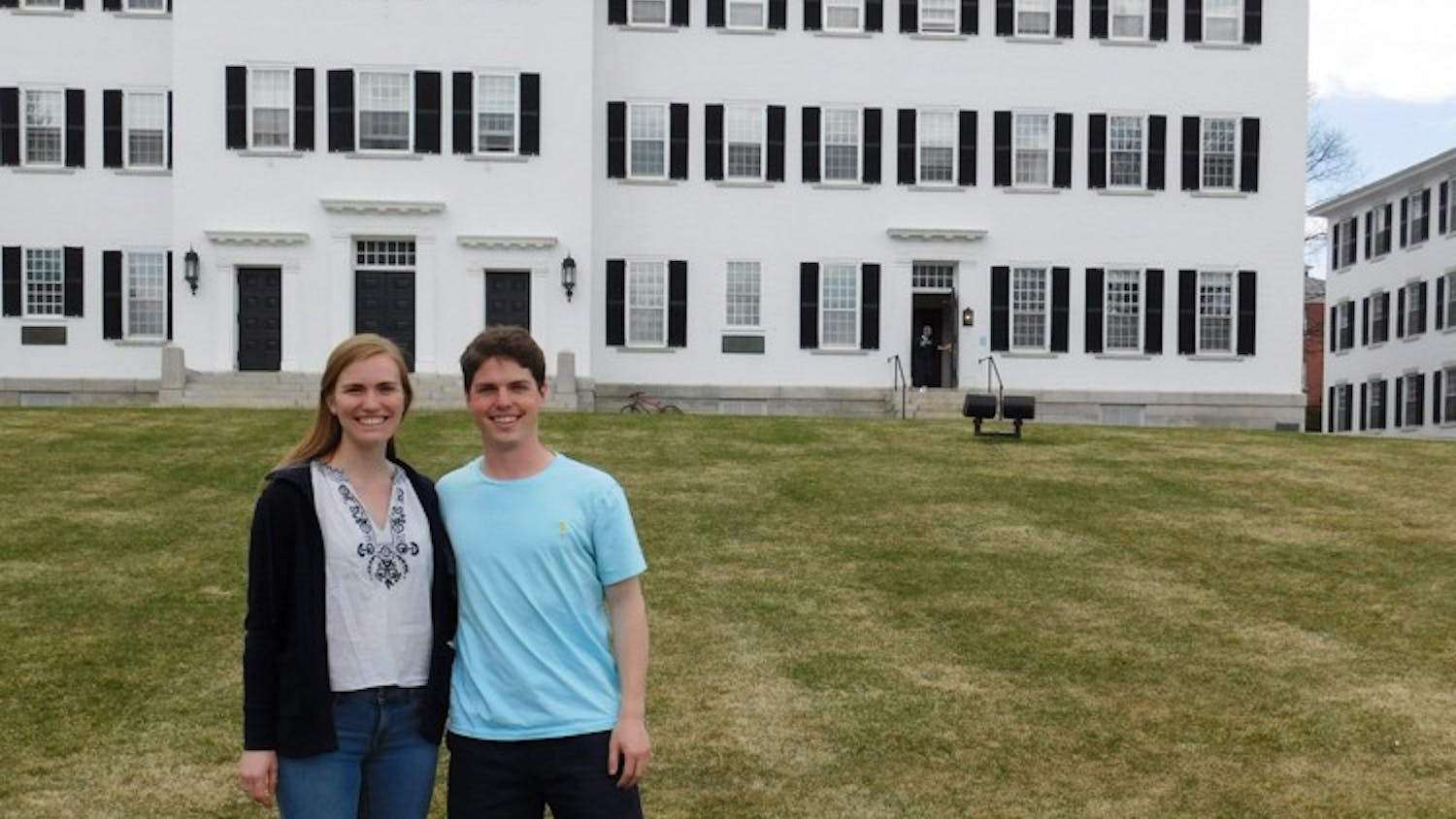On Saturday, Student Assembly kicked off its first ever virtual campaign period. Voting will begin on Monday, May 11 at 5 p.m. and conclude on May 12.
Olivia Audsley ’21 and Cait McGovern ’21 are running for SA president, with Maria Teresa Hidalgo ’22 and Jonathan Briffault ’21 as their running mates, respectively.
According to elections planning and advisory committee chair Tahlia Mullen ’22, virtual campaigning has presented EPAC with a variety of new considerations, including ensuring fairness and monitoring social media activity more closely. In light of the transition to remote campaigning, EPAC also lowered the petition threshold for candidates to get on the ballot and delayed elections from their originally scheduled date by three weeks.
“There's a balancing act between allowing candidates enough leeway in their campaign to run a robust, effective campaign, but then also not so much leeway that the election process becomes unfair,” Mullen said.
Although physical campaigning is usually “a great equalizer,” according to Mullen, since the same number of people will see a poster or chalk on the sidewalk regardless of the candidate, social media is “a little bit different” because candidates who had more followers to begin with may be at an advantage. In response to this challenge, EPAC has restricted the number of posts that candidates can post on their personal accounts. However, there are no restrictions on the number of posts candidates can make on an account created specifically for the purpose of a campaign.
Audsley said that her campaign has tried to provide a wide range of outreach through Zoom, Instagram, Twitter and campus-wide emails.
“We wanted to have multiple different kinds of ways to interact with us that work for different people at different times, different days of the week, just so that everybody has a chance to access us and make sure that they know that it's important for us to be accessible to them,” Audsley said.
Audsley said that virtual campaigns do not have “the benefit of word of mouth,” so her campaign seeks to engage students in as many ways as possible.
Similarly, McGovern said that her campaign has made use of Instagram and Facebook, as well as a website, in lieu of more traditional campaigning methods such as hanging up posters, tabling in Novack or the debate in Dartmouth Hall.
“We're trying to be really robust in the content that we post. So we're going to be coming out with some videos and lots of different highlights,” Briffault said.
Hidalgo said that in light of the virtual term and the pandemic, her campaign seeks to remain aware of challenges students are likely facing and how those challenges might affect students’ ability to engage with campaigns.
“We recognize that people who are both working in our campaign and other students may not have the privilege to access [the] internet, as well as just basic necessities,” Hidalgo said. “And so it’s kind of just trying to be cautious about what we do because we want to reach as many students as possible.”
Audsley added that it has been a challenge to ensure that supporters of her campaign follow EPAC guidelines, such as limiting posts to three posts per person per account.
“I think it's difficult when retweets and reposts count towards the three post rule, just because people don't think of that as posting,” Audsley said. She added that, at the same time, EPAC has been helpful with answering questions about guidelines and posts.
Briffault also noted with the transition to online elections, some students have taken to anonymous message boards to discuss the campaigns.
“One of the issues we've seen on social media as well is that there's kind of been a rise of anonymous commenting and anonymous feedback that we think is really damaging, especially on some of the new apps like Librex and Unmasked,” Briffault said. “I know [McGovern] and I are really dedicated to hosting a positive campaign, and we want to foster a positive conversation, so it’s been really disappointing to see that this is either not being taken seriously or that our opponents are being disrespected.”
According to Mullen, EPAC is concerned about a lower voter turnout, and many code changes for this term were made with turnout in mind.
Audsley said that to encourage voter turnout, her campaign’s communications have included information on how to vote.
McGovern said that although she wants students to vote, she understands that voting may not be the first thing on students’ minds amid a pandemic, adding that she hopes students will “prioritize what they need to prioritize.”
McGovern is a member of The Dartmouth staff. Hidalgo is a former member of The Dartmouth staff.




